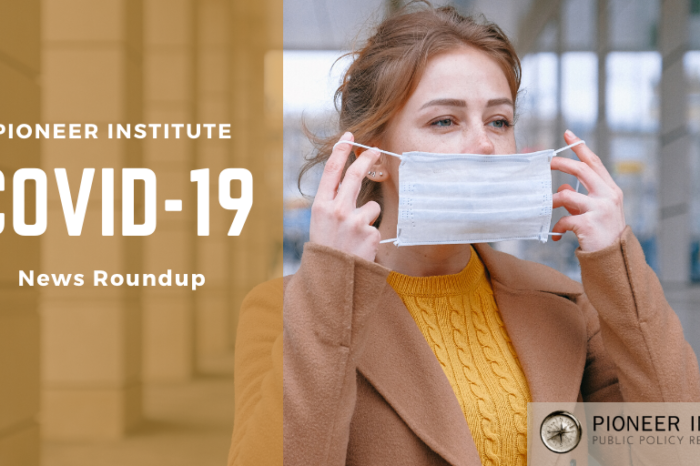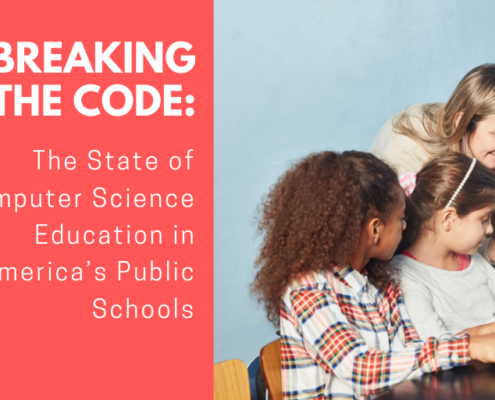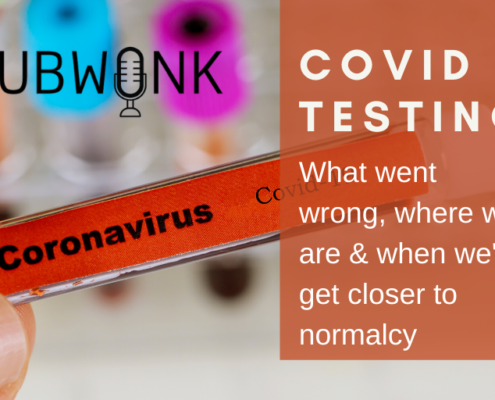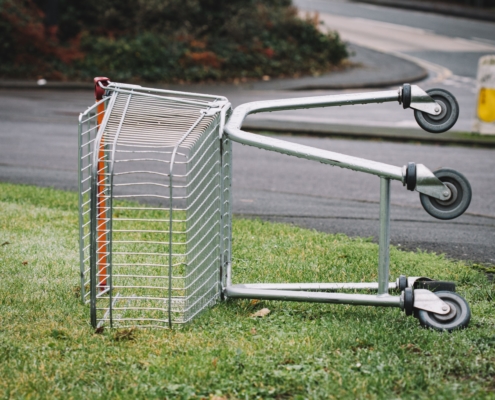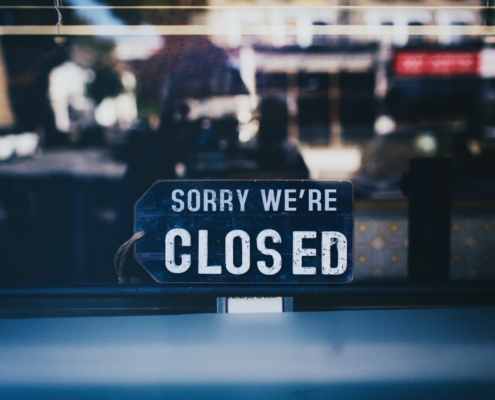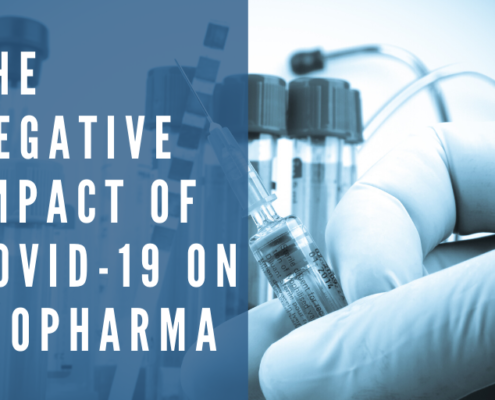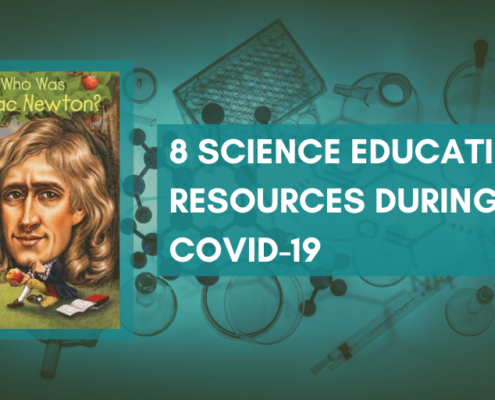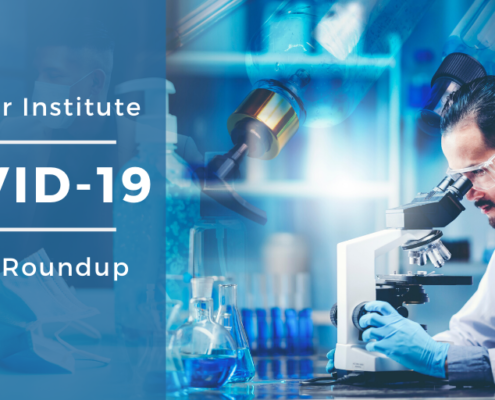COVID-19 Roundup from Pioneer: Antibodies & serology tests to the rescue; Why such wide-ranging forecasts?; the Droplets v. Aerosol debate; Crowdsourcing symptoms & more!
Pioneer staff share their top picks for COVID-19 stories highlighting useful resources, best practices, and questions we should be asking our public and private sector leaders. We hope you are staying safe, and we welcome your thoughts; you can always reach out to us via email: pioneer@pioneerinstitute.org.
Our Top Picks for COVID-19 Pandemic News:
Jim Stergios, Executive Director: It is amazing to see the kinds of solutions our universities are developing in real time. This out of the University of Pittsburgh. Delivered via a patch, easy to distribute across the world because it can be sent at ambient temperatures.
William Smith, Visiting Fellow in Life Sciences: While treatments and vaccines for COVID-19 are months away, serology tests may be here sooner and may be essential to getting people back to work. The New York Times is reporting that the FDA has approved the first serology test.
Also from Bill: A good summary of industry efforts to develop a COVID-19 vaccine and the inherent challenges in that process. And, these tests could determine who has antibodies against the disease and, theoretically, who may be immune to further exposure to the virus. People with these antibodies may be able to return to work without fear.
Mary Z. Connaughton, Director of Government Transparency: We all know that respiratory droplets propelled after someone with COVID-19 coughs or sneezes can infect us. But what about bioaerosols, even from normal conversation or breathing? This NPR piece sorts through the debate.
Michael Walker, Senior Fellow in Government Database Transparency: Jay Boice, on the website fivethirtyeight, looks at the top expert forecasts for deaths and discusses why the range is so wide—somewhere between 71,000 and 1.7 million. From those individual responses, the survey organizers — Thomas McAndrew and Nicholas Reich of the University of Massachusetts Amherst — build a probabilistic consensus forecast, which is a tool that combines all of the responses to project the most likely future scenario as well as the range of possible outcomes.
Our Picks for Public & Private Sector Best Practices:
Jamie Gass, Education Policy Director: Did you ever think history could prepare you for the COVID-19 pandemic? Find out how The Concord Review, Will Fitzhugh’s long-running journal of high school students’ history essays, is doing just that. And in case you missed it, Pulitzer-winning historian David Kennedy joined “The Learning Curve” podcast on Friday to share his thoughts on COVID-19 vs. the Great Flu Epidemic of 1918.
Michael Walker: A data analytics company, Chrysalis Partners, created an online symptom collector for COVID-19. This is a prototype tool that cities or businesses could use to quickly gather data on symptoms experienced by their public. Great example of the thousands of companies independently mobilizing their resources to help deal with the pandemic. And here’s an excellent video from Khan Academy showing how to estimate the actual number of cases in your area based on reported deaths. This method is based work by Thomas Pueyo, by looking, in retrospect, at data from China.
Questions for Our Public & Private Sector Leaders:
Poll results: We asked readers, “Should Massachusetts reveal know how many COVID-19 cases there are in each city or town?”
Here are the results:
Yes: 94%; No: 2%; Not sure: 4%
Read Senior Fellow in Healthcare Barbara Anthony’s take on this.Do YOU have interesting questions and/or articles to share with us? Please email us, or message us through our social media channels below!
Get Our COVID-19 News, Tips & Resources!
Recent Posts:

